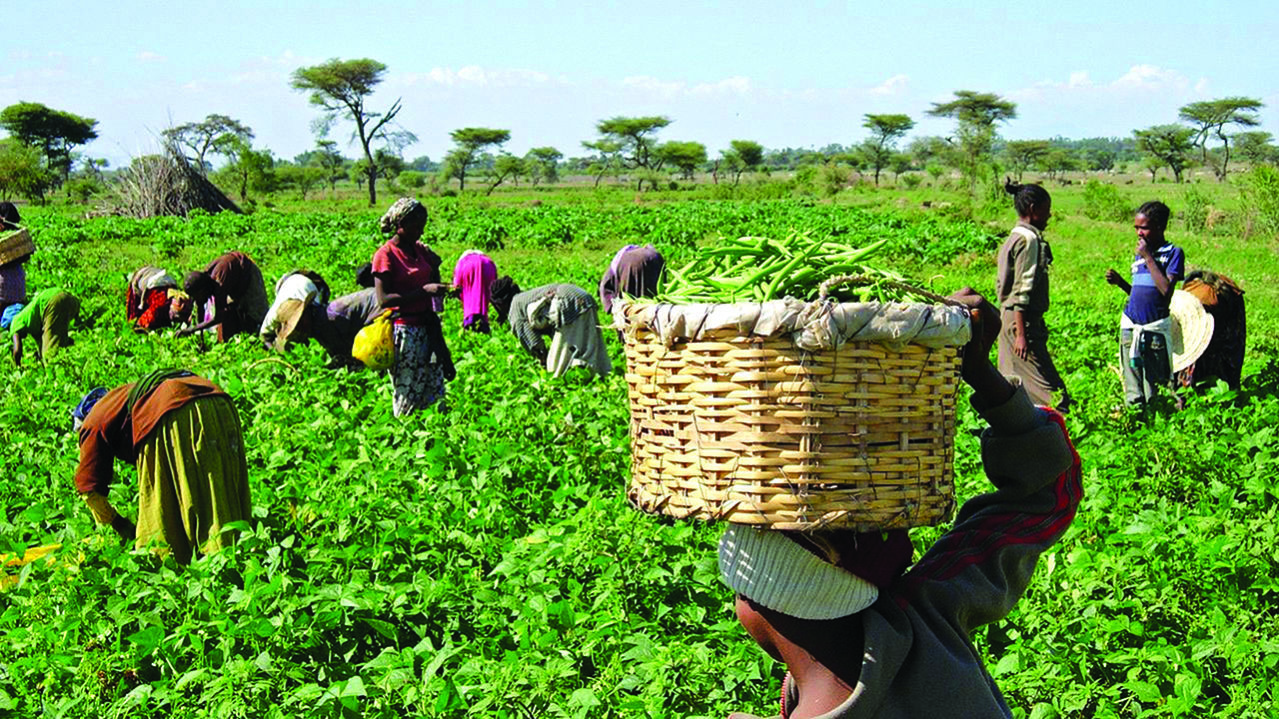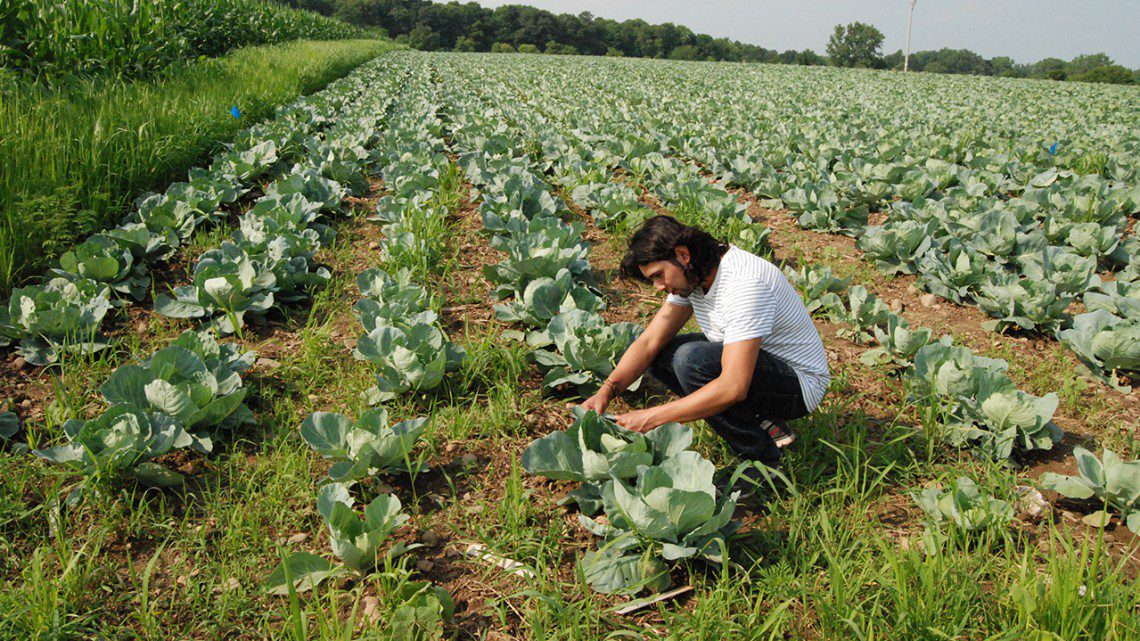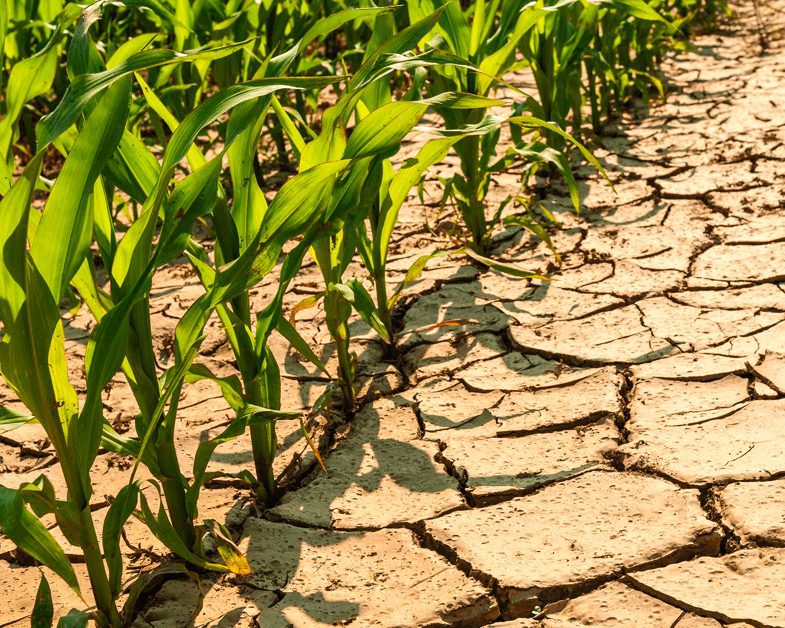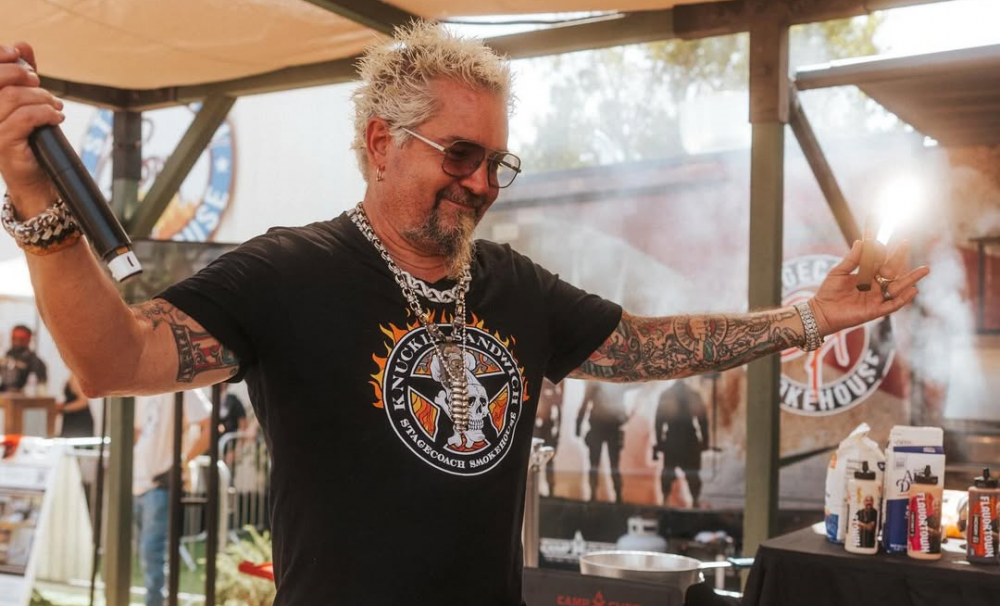They say you are what you eat, yet food production is often not talked about as much as it should. For a process responsible for meeting one of the most important human needs and saving the world from starvation, it is poorly recognized, taught, and talked about.
Farmers are essential to our growing population and growing demand for food. They have to overcome a lot of the recent challenges in food production that have come up as a result of climate change, biodiversity loss, greenhouse emissions, reduced availability of land for farming, and freshwater insufficiency.

The Guardian Nigeria | Farmers are essential to our growing population and growing demand for food
It has become increasingly important to adopt modernized technology in improving farm yields, but that still poses a challenge of availability and affordability of this technology. Larger scale farms may be able to handle the cost, but the smaller local farms, which have become a vital source of clean food to local communities, may not have access to such.
Apart from this, there’s also a constant change in the taste and demand of food from consumers, and since they are the end-users, production has to be tailored to their needs. Lately, the goal of food production has shifted from just worrying about having enough food to worrying about the quality and nutritional value of food as well.
So while having to battle the effects of erosion that is reducing farmland availability, alongside climate change, pests and organisms affecting the yield of crops, and unstable weather conditions, farmers still bear the burden of ensuring these issues are tackled with methods that are efficient and also sustainable for the environment.

Cornell Chronicle - Cornell University | Climate change, pests and organisms affect the yield of crops
Farmers are now learning to employ climate-smart practices that are helpful to the environment based on the general idea that food production has to increase productivity and should provide more income to farmers as well. It also needs to enhance human life through healthy feeding, and it needs to decrease greenhouse gas emissions.
To achieve these things, farmers now plant more varieties of crops for biodiversity and meet growing demand. They are changing the traditional planting seasons to adjust to climate change, and they are also choosing to grow more drought-resistant crops to conserve water. The general goal is to deplete the soil's nutrients as little as possible while generating a high yield.
Another thing is that not many people turn to farming as a profession, and that doesn’t help in the continuity of this vital profession. The situation has propelled farmers to educate more people about the profession, taking the recent challenges into account.

Genetic Literacy Project | More and more farmers are choosing to grow drought-resistant crops to conserve water
They also try to educate consumers about food production in an attempt to ensure the process is transparent. As more people turn to clean eating, transparency in how food is obtained is necessary to build trust between farmers and consumers.
Farmers are heroes in their own right, and without their continuous work to ensure sustainable food production, the world may not be able to feed itself in the future. In addition to people learning to value clean eating, government policies must also change to support this essential aspect of human survival.








